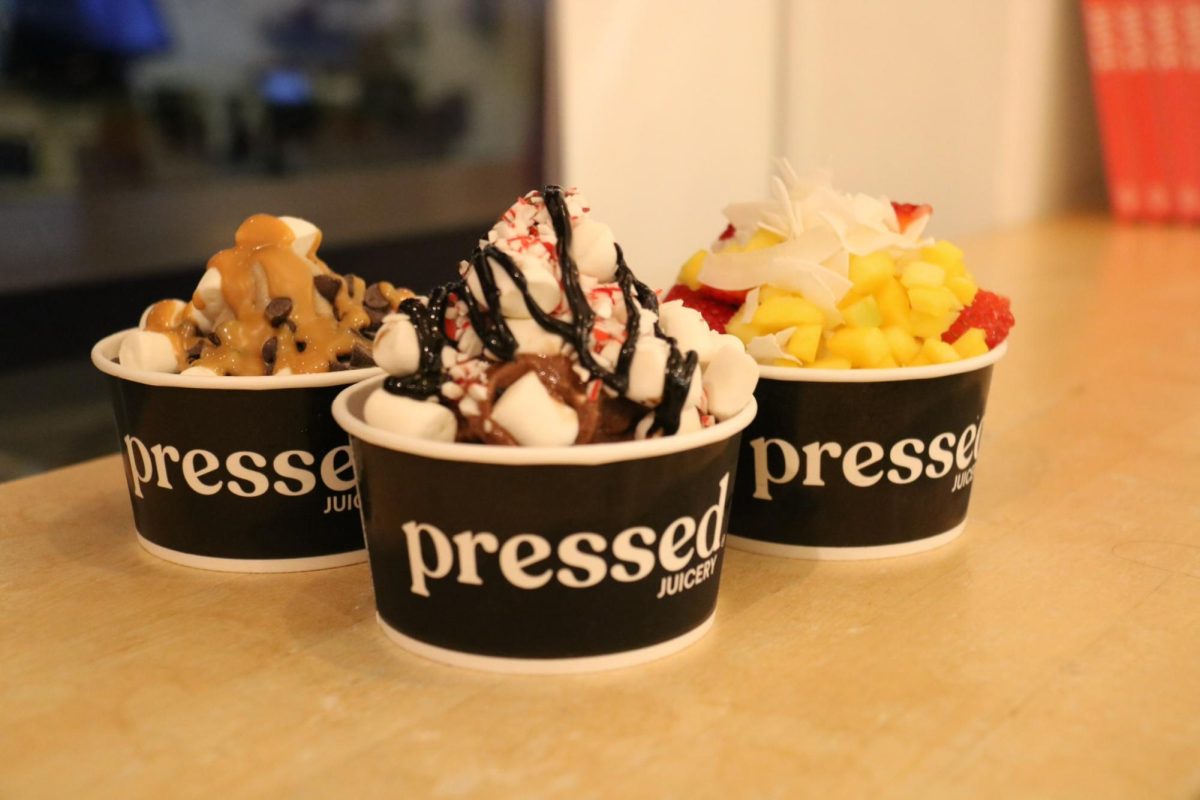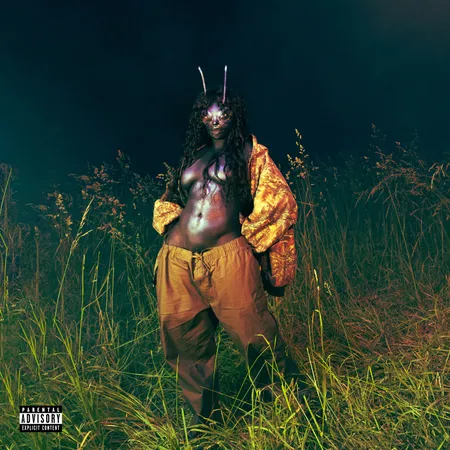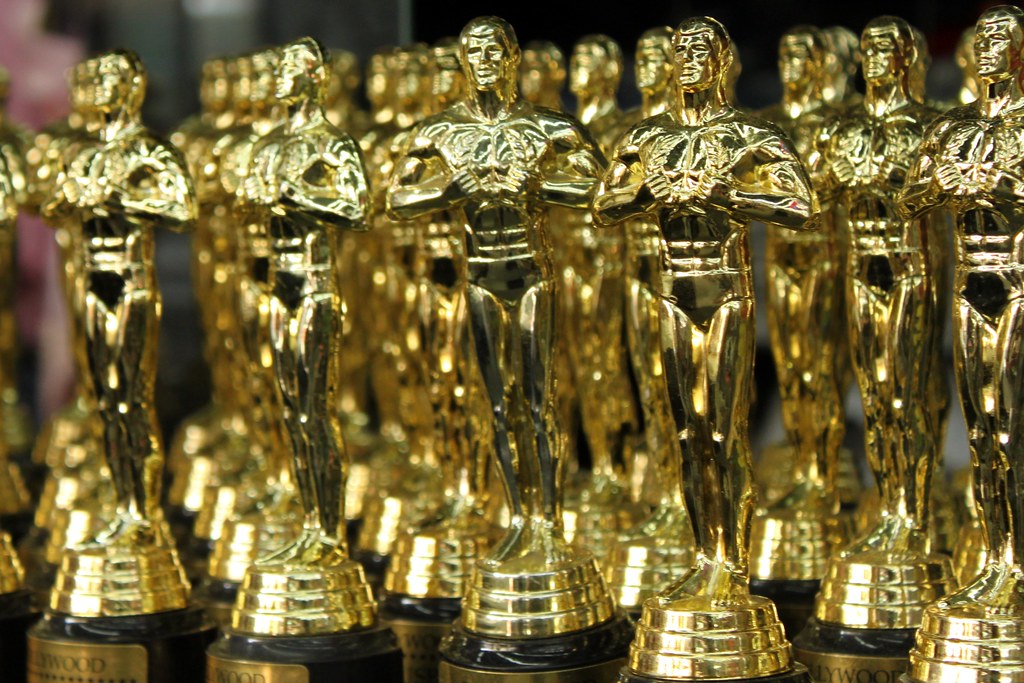The trailer for the new movie Anna Karenina brought one word to mind: epic. The music, the costumes, the scenery – it seemed like it would be an instant classic, not only an impressive period drama but also a passionate love story. The trailer itself could win an Oscar, I thought.

But the actual film is strangely lacking. All the elements are there – Anna is always dressed in gorgeous gowns and jewels, never a dark curl out of place, the score is both intense and romantic, and the set is decorated in the time’s aristocratic style – except for the emotional depth that one would expect from a movie based on what has been called the greatest novel ever written. Perhaps that is the problem – everything looks great, but beautiful sets and costumes are not enough to sustain a two hour-long movie.
Throughout the film there is an interesting theater motif – the movie itself is set as if it’s a play, and the fluid set changes and movement give it an almost musical energy. In one scene, the camera moves in on a motionless character onstage, and only when the wall is broken does she come alive – an attempt to show how women at that time were always on display. But while the “play-within-a-movie” technique intends to reflect the shallow ostentation of society, it only succeeds in highlighting the film’s own superficiality – it looks good, but what else? Keira Knightly, who plays the title character, is a good actress, but the set around her is so captivating that her performance pales in comparison, and something is lost in the process.
Set in Imperial Russia, Anna Karenina follows the tortured and tragic life of a married society woman (Knightley) who falls for the handsome Count Vronsky (Aaron Taylor-Johnson, who many may be surprised to learn played the protagonist in 2010’s Kick-Ass). Their passionate love affair is the most interesting part of the story, not for the affair itself but for the pressures of society and the complexity of Anna’s choice. We see her husband chastise her not only for her infidelity but for allowing it to be obvious to others. We watch as she wavers in her decision between true love and societal expectations – for this is not some teenage love triangle – but we also watch that decision become so much more, as Anna is torn apart by her own insecurities and paranoia.
It is the age-old story of love and passion and betrayal, but more complex than what moviegoers today may be used to, like a modern romance intensified – the stakes are higher, the love is stronger. Unfortunately, the movie drags on too long – it lasts just over two hours, but it feels like at least three, and a few people even left the theater because they couldn’t make it through. It feels like it is about to end at least three times in the middle, and when the end finally does come, it isn’t satisfying at all.






